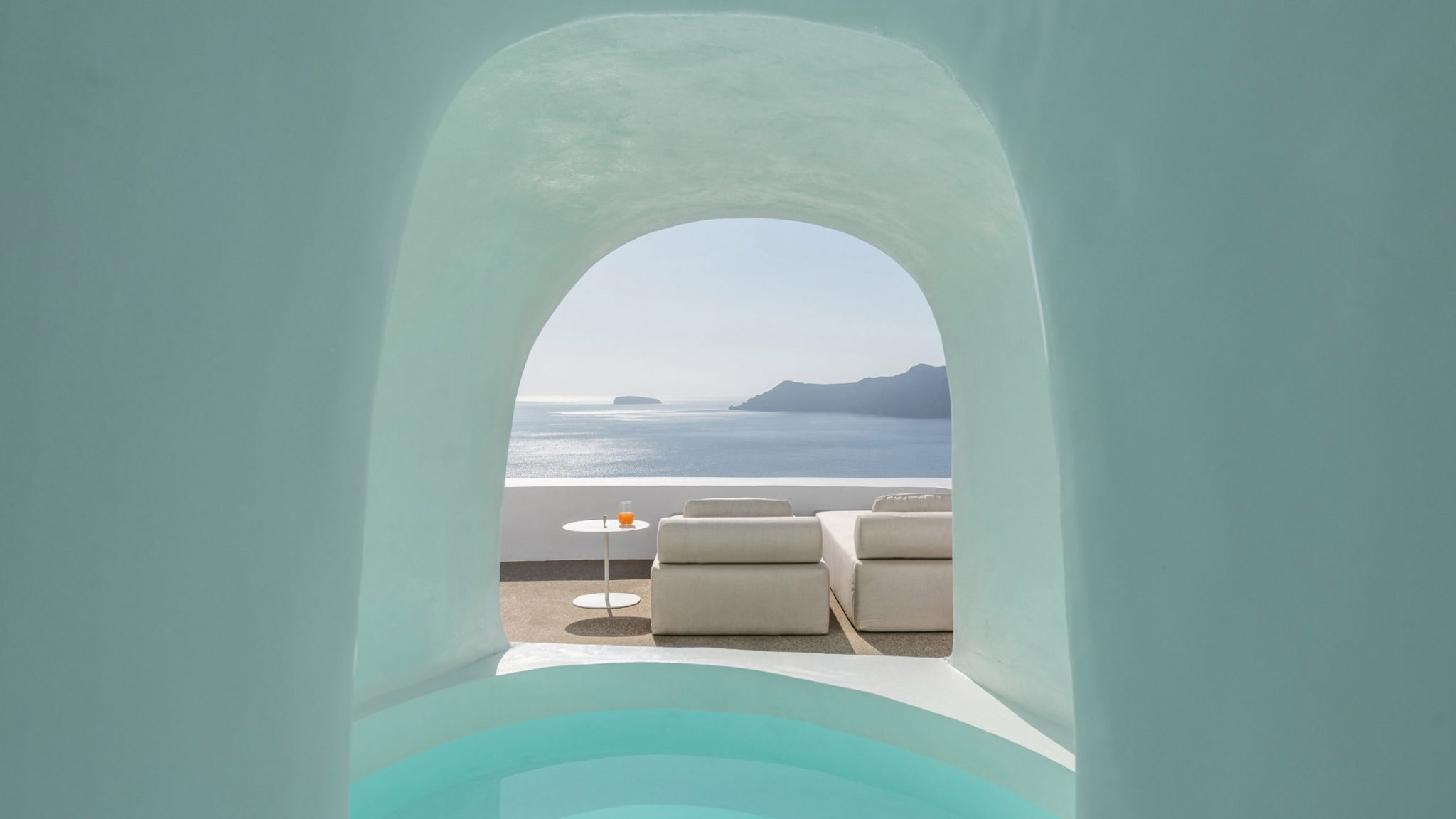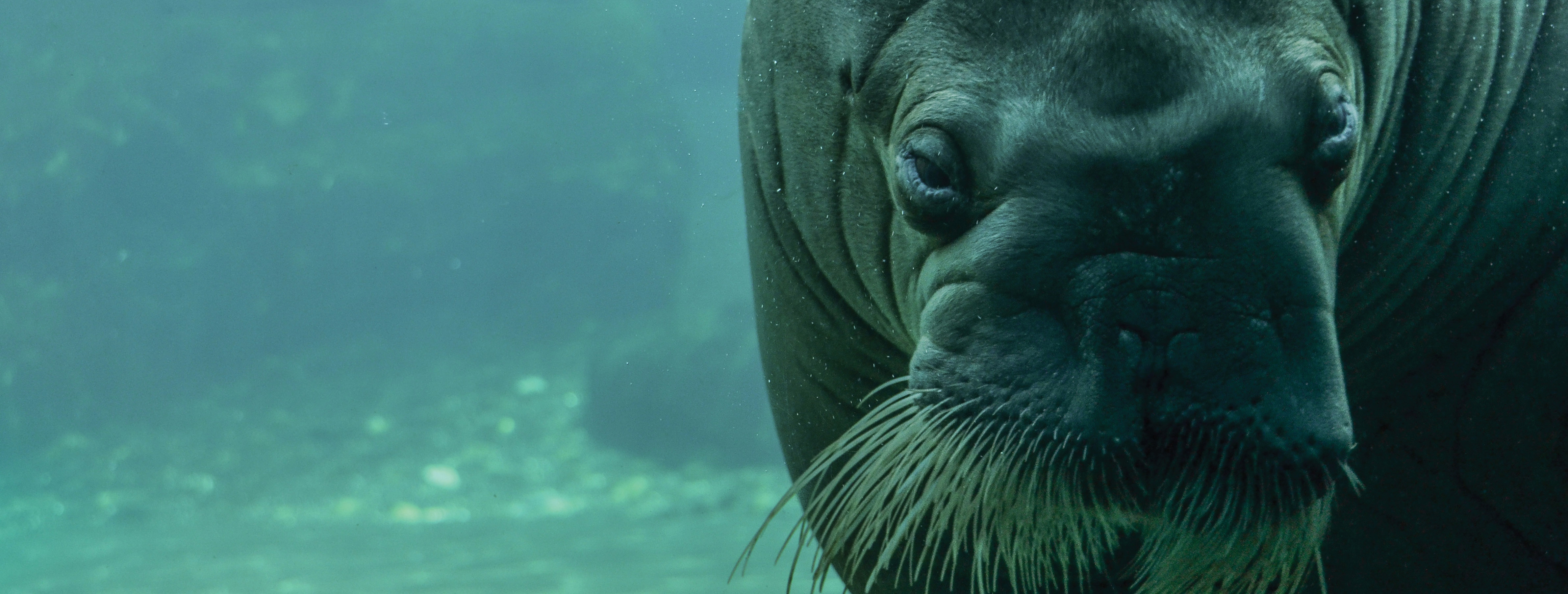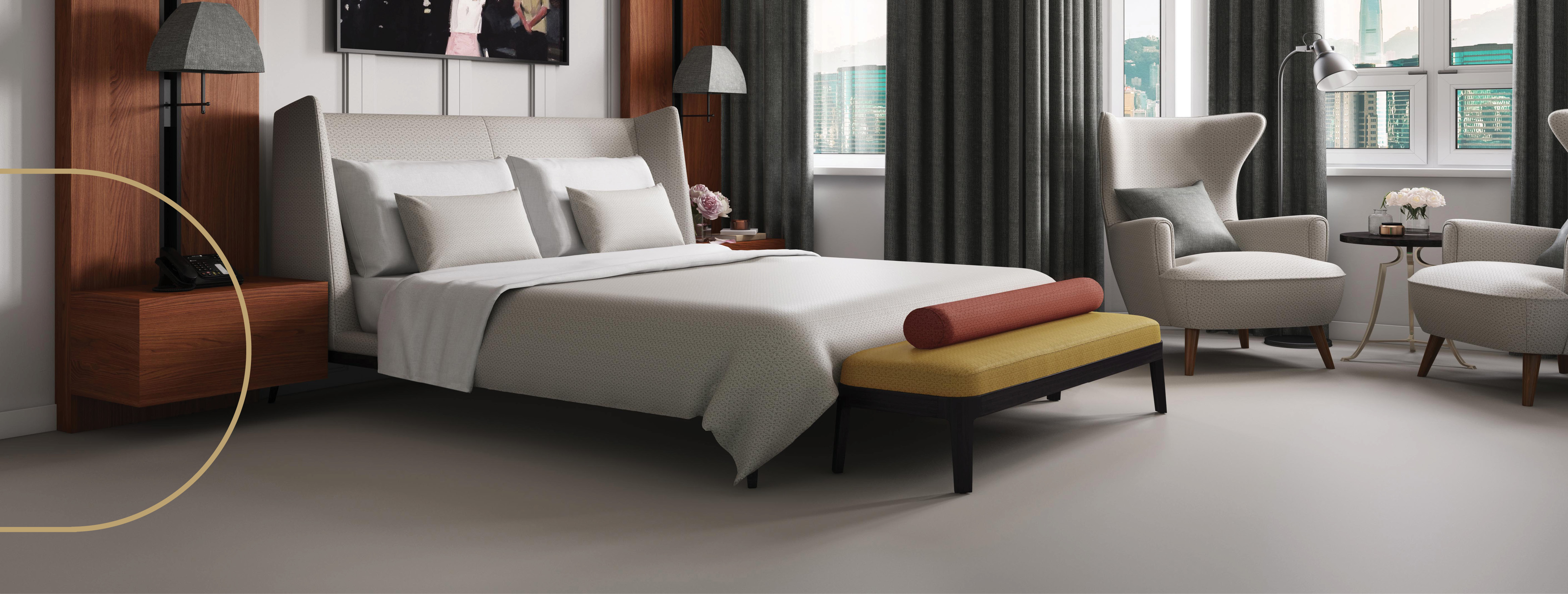The hospitality industry is always changing, and COVID-19 is just another force for change. Luxury travel especially is undergoing an attitude shift that has its roots in the past ten years – the novel Coronavirus just accelerated it.
Read on for our full overview of the luxury hospitality industry’s great moment of change.
The short-term impact on the hospitality industry
Brands across all industries have been pivoting their business models or marketing messages swiftly in response to the global pandemic.
Airbnb has been an interesting example as it moved to promote special ‘online experiences’ to replace their vacation experiences offering, turning their website into a strange online learning platform of sorts.
Get out and stretch your imagination
You don’t have to go far to find a world of wonder. - Airbnb's new tagline
They are also focusing on promoting their more niche vacation properties to a hyper-local audience, and they are not the only ones.
“We’ve been focusing on travellers for 50 years, but we’ve completely neglected a clientele that is five to six times greater, the local clientele,” Scott Gordon from Accor Hotels recently stated, as reported in the Brussels Times.
This is as a reaction to understandable fears among travellers about the safety of travel at all. In a recent finding, Airbnb states that 80% of bookings it saw after the lockdowns were lifted in the UK were made for places between 50 and 300 miles of families’ own homes.
Due to fears around public health in shared spaces, people will choose accommodation where they have the option of a private pool, where they can cook at home and relax in close family/friend groups rather than in groups of strangers.

(Wooden Cave hotel suite in Greece is made from over 1,000 pieces of hand-cut spruce. Source.)
Shared-space facilities like swimming pools, dining areas and reception spaces have all been hit, which makes this end-consumer need for more personal travel options that much more urgent.
The longer-term impact on luxury travel
As we wrote in January, a key part of the evolution of luxury travel lies in experiential design.
The global pandemic has just hit fast-forward on this trend. After all, the central tenet of the hospitality industry is that it is first and foremost a service industry. It’s just that the services needed by luxury travellers have changed.
Recently we’ve seen travellers move away from the typical tourist attitude with the rise of articles everywhere with subject lines such as ‘experience Bali like a local’.
(Seven Santorini island retreats by Kapsimalis Architects - source)
Current events put the emphasis on vacation spaces providing personal, unique experiences over the mass-produced resort experience, no matter how luxurious said all-inclusive resort may be.
Do you need a reliable partner in the contract business? Contact us today.
How are different hospitality destinations ticking all these boxes?
Some ways we’ve seen include creating a home from home by adding personal touches (and reassuring transparency over hygiene procedures).
Ditching bland, featureless décor in favour of a more special styling is equally as important.
Will the hospitality industry ever be the same? No, but that could be a good thing.
Sustainability goes hand-in-hand with luxury travel in 2020. The pandemic has made eco-tourism a hotter topic than ever before. By focusing on the low carbon footprint of travelling in your own country, the hospitality industry is winning small victories.
That’s because we are dealing with aware tourists and people who want to play their part to improve things. This is not trivial, since this message has never been so loud," insistsTadeu Baldani Caravieri, the Managing Director of Global Grad Show. (source)
Bottom line: the hospitality industry is surviving covid-19
The hospitality industry needs to become more resilient than ever before. We’re seeing it evolve into an industry where stress only makes it stronger.
The worst attitude hoteliers could adopt right now is one that naively believes we can return to normal..
Can the pandemic bring unexpected and welcome alternatives for luxury staycationers?
We hope so.
In the case of AirBnB at least, the answer is yes.






